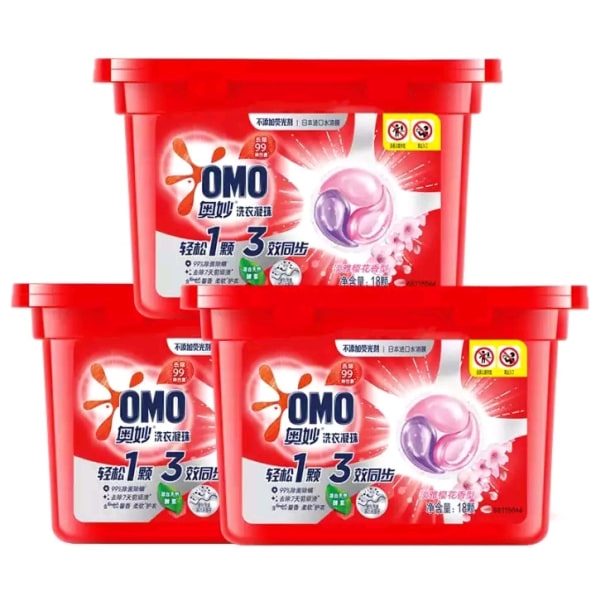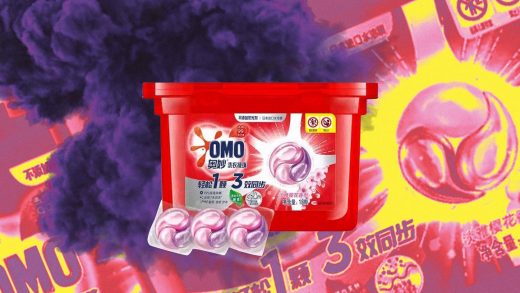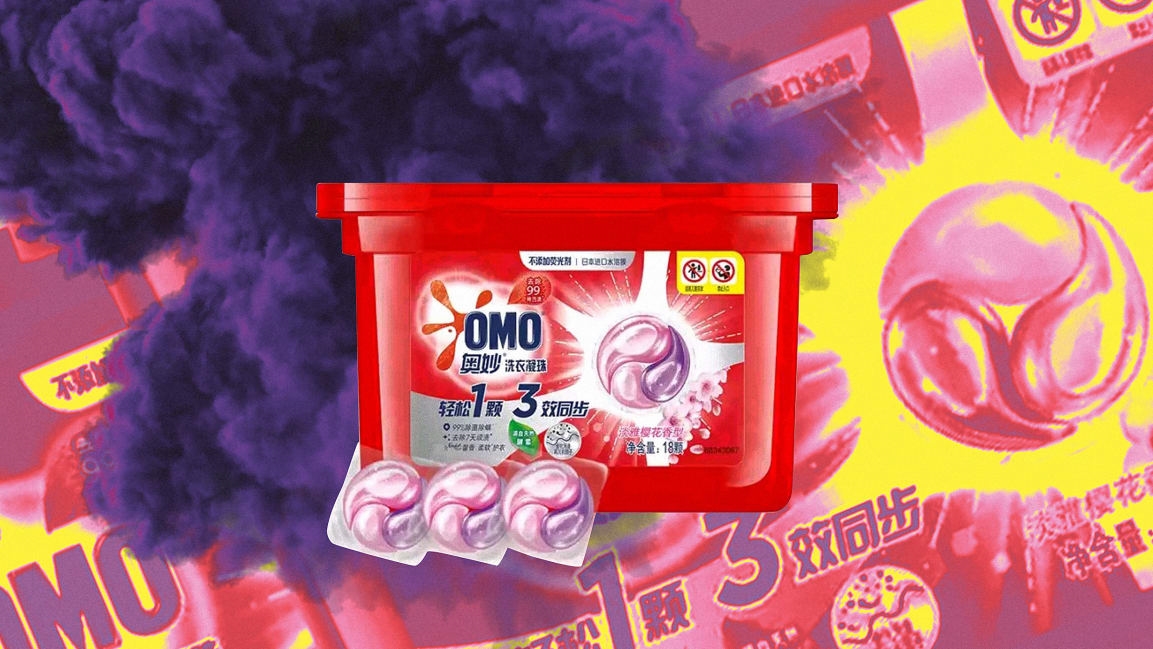Now you can wash your clothes with recycled carbon emissions
You might not know it, but you’re likely washing your clothes with ingredients made from fossil fuels But soon, you’ll be able to stop and do your laundry with a detergent made from recycled carbon emissions instead. While many surfactants—a key ingredient in detergents, which creates foam and allows dirt to be washed away—are derived from petroleum, a new laundry capsule from Unilever, which initially will be available in stores in China, uses surfactants made from captured industrial emissions.
The laundry capsules, available through the brand Omo and launching in China April 22, result from a partnership between Unilever, biotech company LanzaTech, and green chemical company India Glycols. LanzaTech, which has a commercial plant running in China that turns carbon emissions from a steel mill into ethanol, has already used its carbon recycling process to turn those emissions into jet fuel and alcohol for fragrances.

For these laundry detergents, LanzaTech will capture waste emissions and turn them into ethanol through a bioreactor in which bacteria eat those emissions, and then India Glycols will take that ethanol and turn it into ethylene oxide, a feedstock to make surfactants. Unilever says it’s the first time a surfactant made from captured carbon emissions will come to market in a cleaning product (surfactants are also used in cleaners such as dish soap).
Like all of LanzaTech’s recycled carbon products, making surfactants from emissions will have a dual environmental impact: preventing the use of fossil fuels while simultaneously averting carbon emissions from being released into the air. The partnership is part of Unilever’s Clean Future program, which aims to eliminate fossil-fuel-based chemicals from all Unilever cleaning and laundry products by 2030.
To better understand the sources of carbon in all its products, Unilever uses a system it calls a “carbon rainbow,” in which carbon is color-coded by its sources: “green carbon,” for example, comes from plants, as opposed to “black carbon,” which comes from nonrenewable fossil fuels. The recycled-carbon surfactants are an example of “purple carbon,” sourced from captured CO2. By moving away from petrochemicals (those derived from fossil fuels) to chemicals made from plastic waste (“gray carbon”), plants, or recycled carbon, Unilever expects to reduce the carbon footprint of its cleaning and laundry products by 20%.
“Advancements in technology like this mean we can now reinvent the chemistry of our products,” said Peter ter Kulve, president of Unilever’s home care business, in a statement. “Instead of valuable carbon being released directly into the atmosphere, we can capture it and recycle it in our products instead of using fossil fuels.”
(27)



